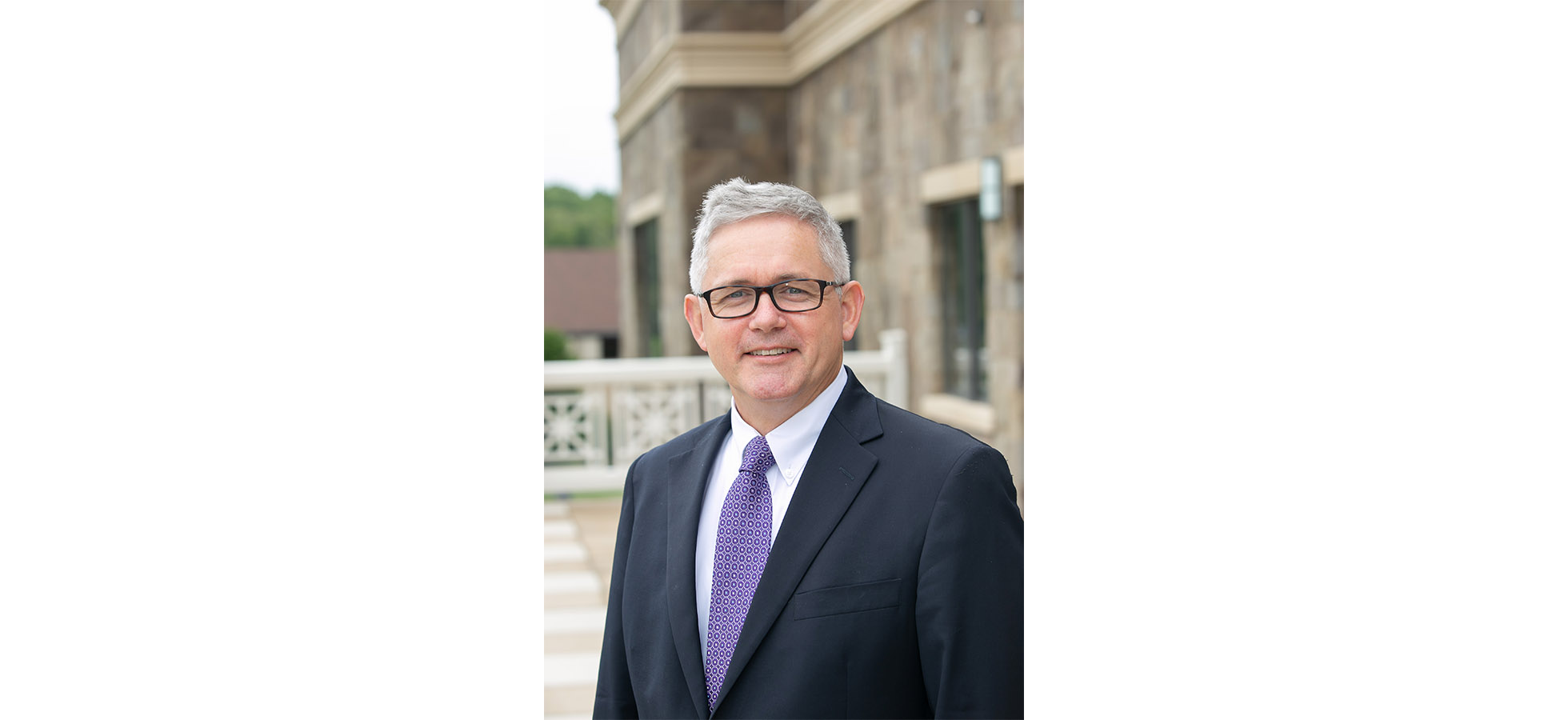Declining Catholic Schools’ Enrollment and Influence of Governance, Sustainability

Grenon School of Business Associate Professor of Management J. Bart Morrison, DBA, has co-authored a national research report Managing Governance Change in PreK-12 Catholic Schools that explores how to improve various governance models in Catholic schools following a 60-year period in which enrollment in these private schools has decreased by more than half.
In the report, Prof. Morrison and his colleagues explore the decades-long trend of declining enrollment in Catholic schools and potential solutions to address it. According to the report, over the last 60 years half of the country’s Catholic elementary and secondary schools have closed while the remaining schools have reported a 65 percent decline in enrollment; and by 12 percent and 16 percent, respectively, in the last ten years.
“In recent years, Catholic school and diocesan leaders have explored alternative approaches to governance to improve the long-term sustainability of their schools,” said Prof. Morrison. “This research is aimed at producing new, usable knowledge that can help leaders across the United States address this challenge.”
Prof. Morrison explained that he and his colleagues relied on data from the experience and insights of 62 key Catholic school stakeholders from eight dioceses across the U.S. “This study examined the change process in Catholic Pre-K through 12 schools to guide leaders on determining when a change in governance is necessary, what alternative models are suitable for their contexts, and how best to manage the change process,” he said.
The study identified indicators that can signal when a governance change might be necessary, including: financial performance, enrollment, academic quality, leadership (both lay and clerical), and socioeconomic justice. Participants also recommended that leaders consider the impact of generational change in American culture; parsing out poor leadership and ineffective governance; the nature of the school’s relationship with the parish and diocese; and the value and challenges of board development and management.
According to Prof. Morrison, the best practices that emerged from the research informed the development of a Governance Change Cycle for the determination and management of a change in Catholic school governance with four main components:
- Assess the Context: Leaders should gain an understanding of the external and internal factors that currently impact the school.
- Analyze the Data: Leaders should continually assess future opportunities for the school, as well as potential threats by collecting and analyzing relevant data, and establishing metrics to monitor and track the school’s performance.
- Determine the Model: Leaders should understand the pros and cons of each category of governance models in order to choose a “best fit” model.
- Implement the Change: Leaders should manage the transition to a new governance model through implementation
This research is part of Prof. Morrison’s ongoing efforts at producing engaged management scholarship (EMS) around issues of governance. EMS, which has emerged recently through the rapid growth of professional business doctorate programs, stresses applied problems of management using mixed and multiple forms of inquiry and theory.
“This report is emblematic of the relevant scholarship produced by Assumption faculty, particularly those in the Grenon School of Business,” said Joseph T. Foley, founding dean. “Despite the disruptions caused by the pandemic, many Assumption faculty continue to engage in meaningful research that explores inefficiencies or challenges to propose feasible solutions. The commitment to scholarly research by University faculty demonstrates an institutional resilience, sustainability, and relevance that provides an array of practical benefits for our students.”
The study was released by Washington D.C.-based FADICA (Foundations and Donors Interested in Catholic Activities) in June.
Prof. Morrison holds his Doctor of Business Administration from Case Western Reserve University; and Ed. M. from Harvard University; and a B.A. from Fordham University.
According to FADICA’s website, the organization is the leading philanthropic peer network serving as a catalyst for a vital Catholic Church, Catholic ministries, and the common good. FADICA promotes the growth and effectiveness of Catholic philanthropy and supports its members through education, exchange, fellowship and faith, research, joint funding opportunities, and interaction with Catholic leadership.
Prof. Morrison’s report can be found here.
